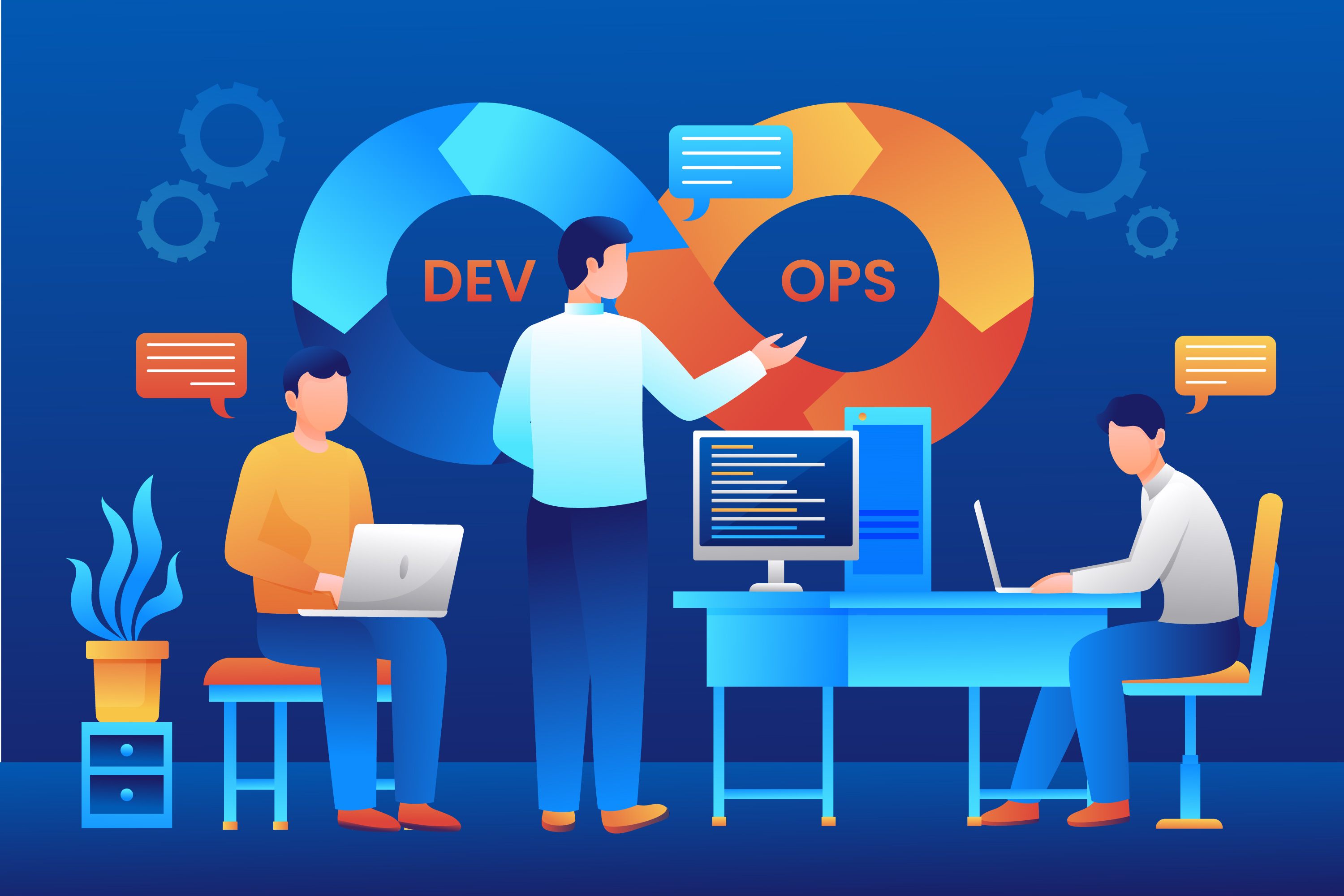DevOps Automation: The Key to Increased Efficiency and Productivity
 Ankush Mudale
Ankush Mudale
Introduction:
- What is DevOps automation?
DevOps automation is the practice of using tools and technologies to automate repetitive and manual tasks in the software development lifecycle. This can help to improve speed, reliability, and quality by freeing up developers and operations teams to focus on more strategic work.
- Why is it important?
DevOps automation is important because it can help to improve the efficiency and effectiveness of software development teams. By automating repetitive tasks, teams can free up time to focus on more strategic work, such as innovating and developing new features. Additionally, automation can help to improve the quality of software by ensuring that it is built, tested, and deployed consistently.
- What are the benefits of DevOps automation?
The benefits of DevOps automation include:
* Increased speed: Automation can help to speed up the software development lifecycle by automating repetitive tasks.
* Improved reliability: Automation can help to improve the reliability of software by ensuring that it is built, tested, and deployed consistently.
* Increased quality: Automation can help to improve the quality of software by catching errors early in the development process.
* Reduced costs: Automation can help to reduce costs by freeing up time for developers and operations teams to focus on more strategic work.
Types of DevOps automation:
Configuration management: This involves using tools to manage the configuration of IT systems. This can help to ensure that systems are consistently configured and that changes are made in a controlled manner.
Continuous integration and continuous delivery (CI/CD): This involves automating the process of building, testing, and deploying software. This can help to ensure that software is released to production more frequently and reliably.
Infrastructure as code: This involves using code to define and provision IT infrastructure. This can help to make infrastructure more scalable, reliable, and secure.
Best practices for DevOps automation:
Start small and scale up as needed. Don't try to automate everything at once. Start with a few key processes and then gradually expand your automation efforts.
Use the right tools. There are many different tools available for DevOps automation. Choose the tools that are right for your specific needs.
Document your automation. It's important to document your automation so that other team members can understand how it works and how to maintain it.
Test your automation. Before you deploy your automation in production, make sure to test it thoroughly to ensure that it works as expected.
Monitor your automation. Once your automation is in production, it's important to monitor it to ensure that it's performing as expected.
Conclusion:
The future of DevOps automation is bright. As software development teams continue to adopt DevOps practices, the demand for automation tools and services will only increase. In the years to come, we can expect to see even more sophisticated and powerful automation solutions that will help software teams deliver better software faster and more reliably.
How to get started with DevOps automation:
If you're interested in learning more about DevOps automation, there are many resources available online. You can find articles, tutorials, and even white papers that can help you get started. There are also many conferences and meetups that focus on DevOps automation. So, if you're looking for a way to improve the efficiency and effectiveness of your software development team, DevOps automation is a great place to start.
I hope this explanation is helpful. Please let me know if you have any other questions.
Subscribe to my newsletter
Read articles from Ankush Mudale directly inside your inbox. Subscribe to the newsletter, and don't miss out.
Written by

Ankush Mudale
Ankush Mudale
I have more than 8 years of experience in IT administration, where I have honed my skills in various aspects of IT operations. Additionally, I have around 3 years of experience specifically focused on configuration management, deploying applications, CI/CD pipelines, AWS, and DevOps methodologies.